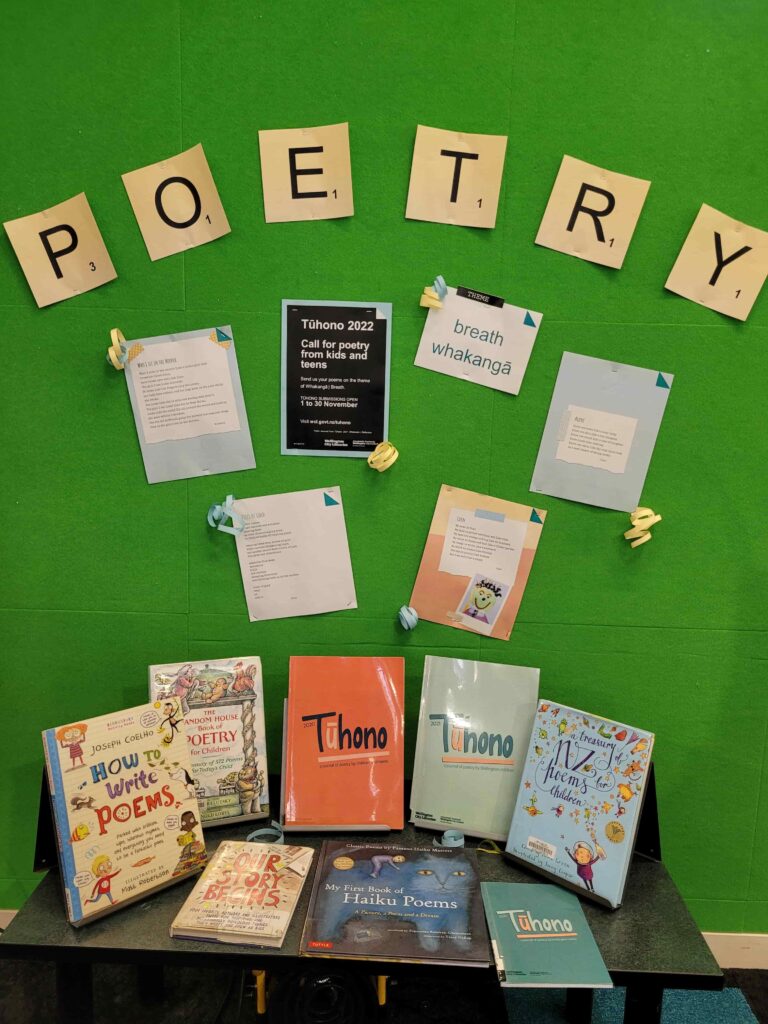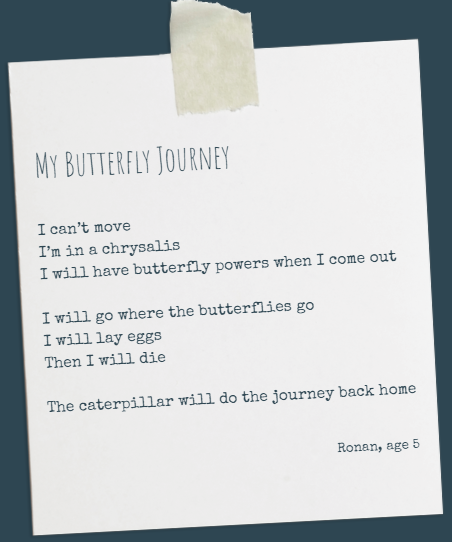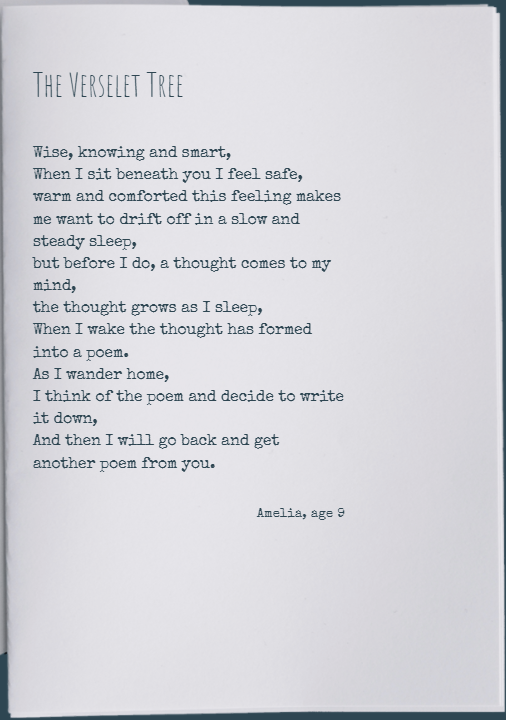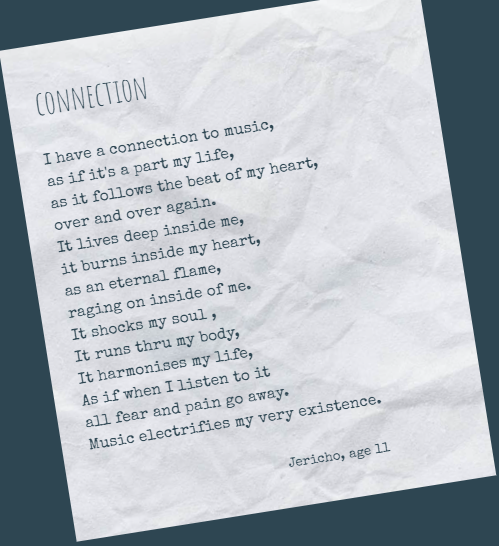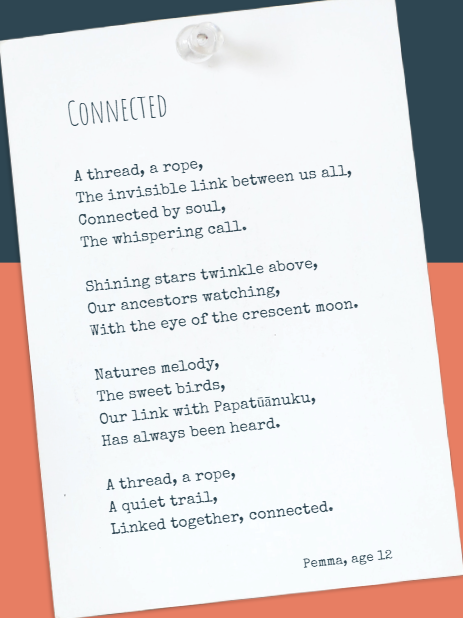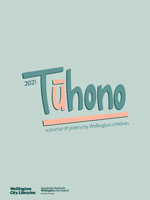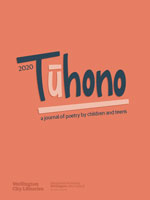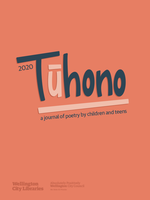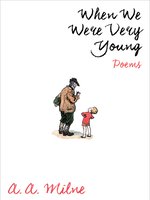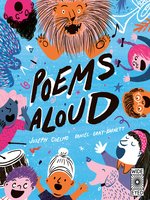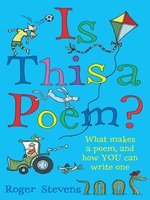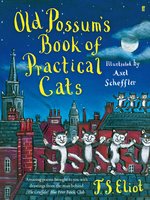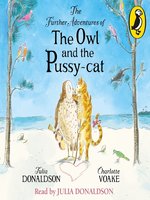We’re almost halfway through the Summer Reading Adventure! If you haven’t already heard about the Summer Reading Adventure, you can head on over to our previous blog post for heaps more info, or jump straight into our Summer Reading website to sign up!
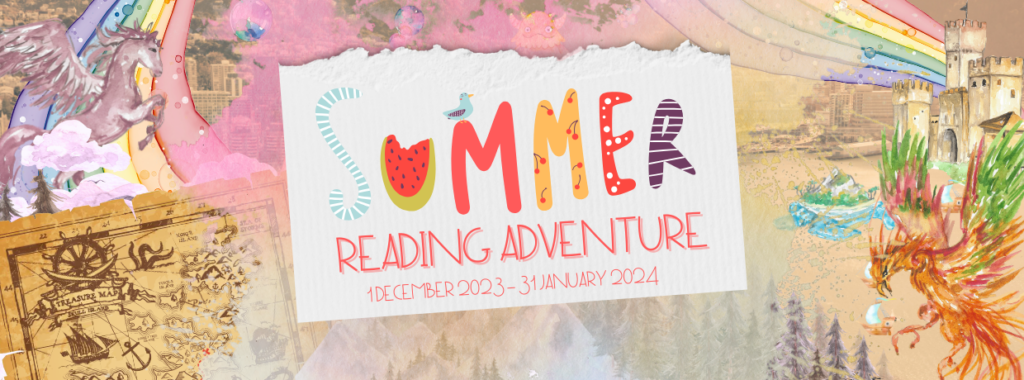
Through the power of books and imagination, help us transform Wellington into a fantasy wonderland this summer!
One of the activities you can complete as part of the Summer Reading Adventure is writing book reviews. There are five digital badges you can earn for writing reviews, and some of these also come with physical prizes!
There are two different kinds of reviews you can submit, written reviews and picture reviews, and we thought we’d provide you with some tips and tricks for creating an excellent and insightful review.
Tips for writing a book review:
- Tell us what you thought about the book! We don’t want to just read a description of the plot.
- Useful questions to ask yourself include
- How did I feel at the beginning of the book?
- How did I feel at the end? Was there a change?
- Who was my favourite/least favourite character? Why?
- Did this book give me any new ideas? If so, what are they?
- Who else might like this book? Why?
- If I had written this book, would I have changed anything about it? What, and why?
- Be creative! We love to read reviews in the form of poems, short stories, reviews written with emojis.
- Be careful with the boring things like spelling and punctuation. This isn’t school — you won’t be disqualified if you spell “discombobulated” wrong — but having good spelling and punctuation makes it easier for everyone else to understand what you mean!
Tips for creating a picture review:
- Will you be drawing a picture, or taking a photo of something you’ve created or that reminds you of the book?
-
- Tip: Other Summer Reading Adventure participants can see your reviews so if you’re making a video talking about your book and you’re concerned with online privacy, you might want to have the book in front of the camera instead of you.
- Useful questions to ask yourself include:
- Was there a character you really liked (or really didn’t like) that you could draw?
- Was there an important moment in the story? Did you think something different should have happened?
- Did this book give you any new ideas? How might you show that new idea in a picture?
- Be creative! Draw something that represents the book, create the characters or an important scene out of LEGO, cook something that the characters ate and take a photo. We love seeing innovative ways of reviewing books!
For inspiration we’ve included a few examples of the excellent reviews that have already been submitted. These reviewers have thought about which parts of the book that made them enjoy it, and hopefully their recommendations will make you want to read these books too!
First off, we have a picture review of Camp by Kayla Miller.
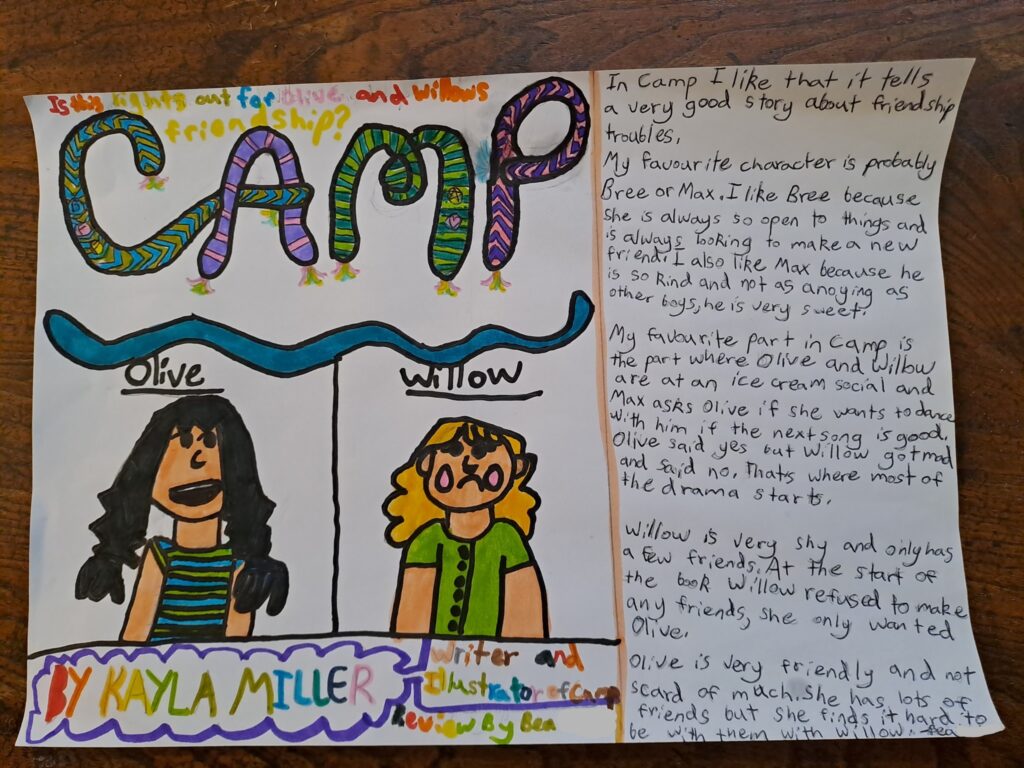
This vibrant picture review shows us the reviewer’s interpretation of the two main characters. She also explores her two favourite characters and what about those characters she likes.
Picture review by Bea
Here’s a fab review written last summer about Louis Sacher’s There’s a boy in the girl’s bathroom. This reviewer also writes about the characters, but he also writes about what the book made him feel.
This books main characters were Bradley Jeff and Carla. Bradley was a weird kid overall but he changed a lot. At the start Bradley was a big bully but at the end Bradley was still weird but he was also kind. Bradley was super sad when Carla left it made me sad too. This book is my favourite book I have ever read because I was feeling there emotions and it was like I had gotten sucked up into the book. I love this book and want to read it again sometime☺️ Review by Dion
In this review of Which way to anywhere by Cressida Cowell, the reviewer picks out two characteristics that made her really enjoy the book, the teamwork (character interactions!) and the magic throughout the story that.
This is by far one of my favourite books ever. I like how there is a lot of teamwork involved in this adventure and the magic that just spices it up perfectly. My favourite character is definitely puck! Review by Petra
While you’re writing your reviews, don’t forget to read through other kids’ reviews too — there are thousands and thousands of them and who knows, you may just find a book you’d like to read yourself! Happy reading and reviewing!
